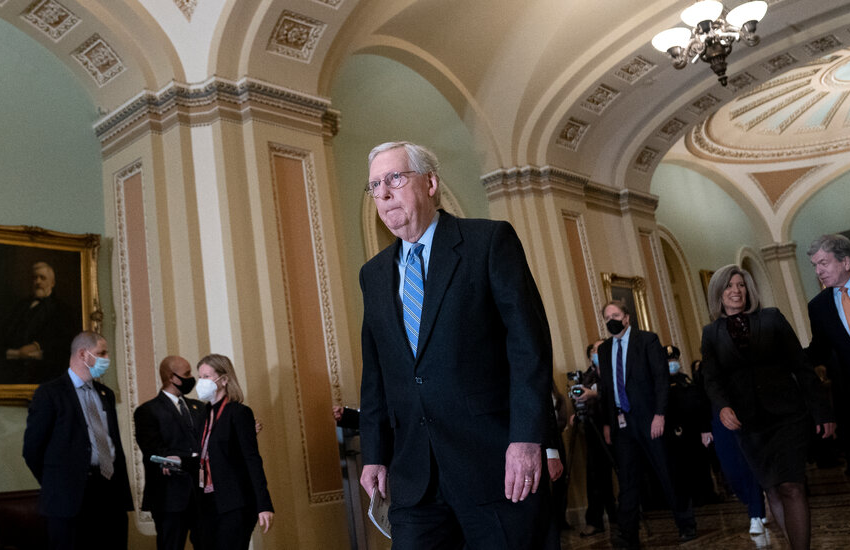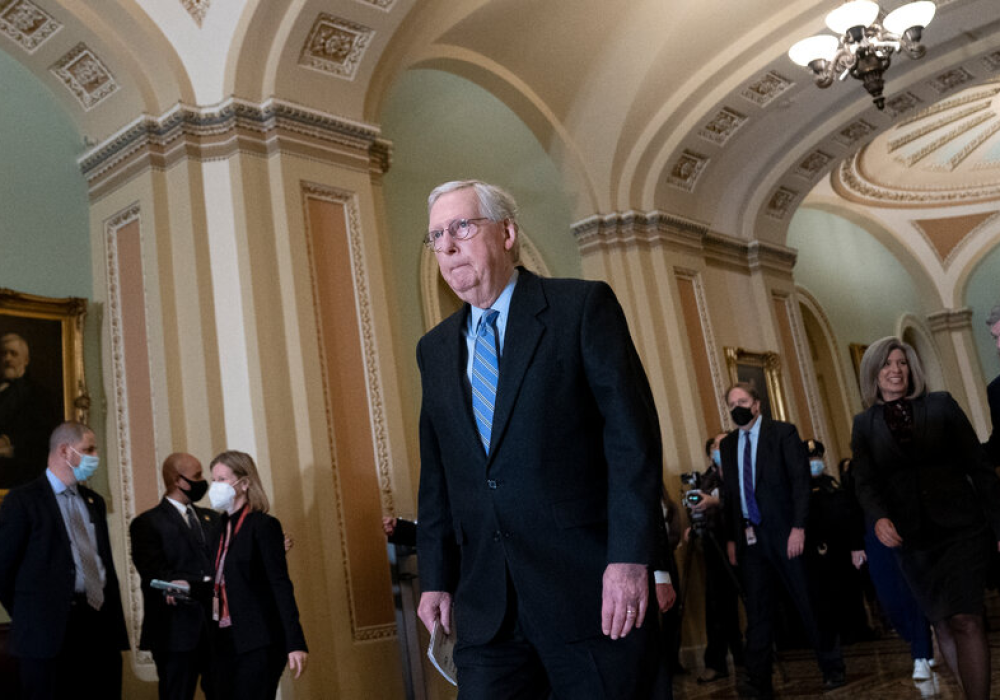“There is no interest in shutting the government down,” said Representative Rosa DeLauro, Democrat of Connecticut and the chairwoman of the Appropriations Committee, on Wednesday. “We will get to an endpoint.”
Because the stopgap bill maintains existing funding, effectively freezing in place spending levels negotiated with the Trump administration and a Republican-controlled Senate in 2020, Democrats are pressing to make it as short-lived as possible. But Republicans have pushed to extend the measure longer.
“I’d like February, March would suit me — April, May,” said Senator Richard C. Shelby of Alabama, the top Republican on the Appropriations Committee. “I think it gives us more time to seriously sit down.”
Lawmakers were also debating additional spending provisions, including additional funding for Afghan refugees and a provision averting billions of dollars in cuts to Medicare, subsidies and other programs. But even if an agreement is reached, the Senate would require unanimous support to waive a number of procedural steps and swiftly take up the legislation before the Friday deadline.
Biden’s Social Policy Bill at a Glance
The centerpiece of Biden’s domestic agenda. The sprawling $2.2 trillion spending bill aims to battle climate change, expand health care and bolster the social safety net. Here’s a look at some key provisions and how they might affect you:
Health care. The bill’s health provisions, which represent the biggest step toward universal coverage since the Affordable Care Act, would expand access for children, make insurance more affordable for working-age adults and improve Medicare benefits for disabled and older Americans.
Without unanimous agreement, the process could drag through the weekend, forcing a brief shutdown. Senate Republicans, with the strong backing of House Republicans, have threatened to prolong the debate unless the bill prohibits funding for a mandate that all large employers require their workers be vaccinated against the coronavirus or submit to weekly testing.
“I have long said that I am not particularly invested in the timing of a given vote — whether it occurs a few hours earlier or a few hours later,” Senator Ted Cruz, Republican of Texas, told reporters. “But I think we should use the leverage we have to fight against what are illegal, unconstitutional and abusive mandates.”
Mr. Marshall previously offered an amendment in September to an earlier stopgap bill that would have barred funds from going toward the implementation and enforcement of the mandate, but it failed in the evenly divided Senate.












